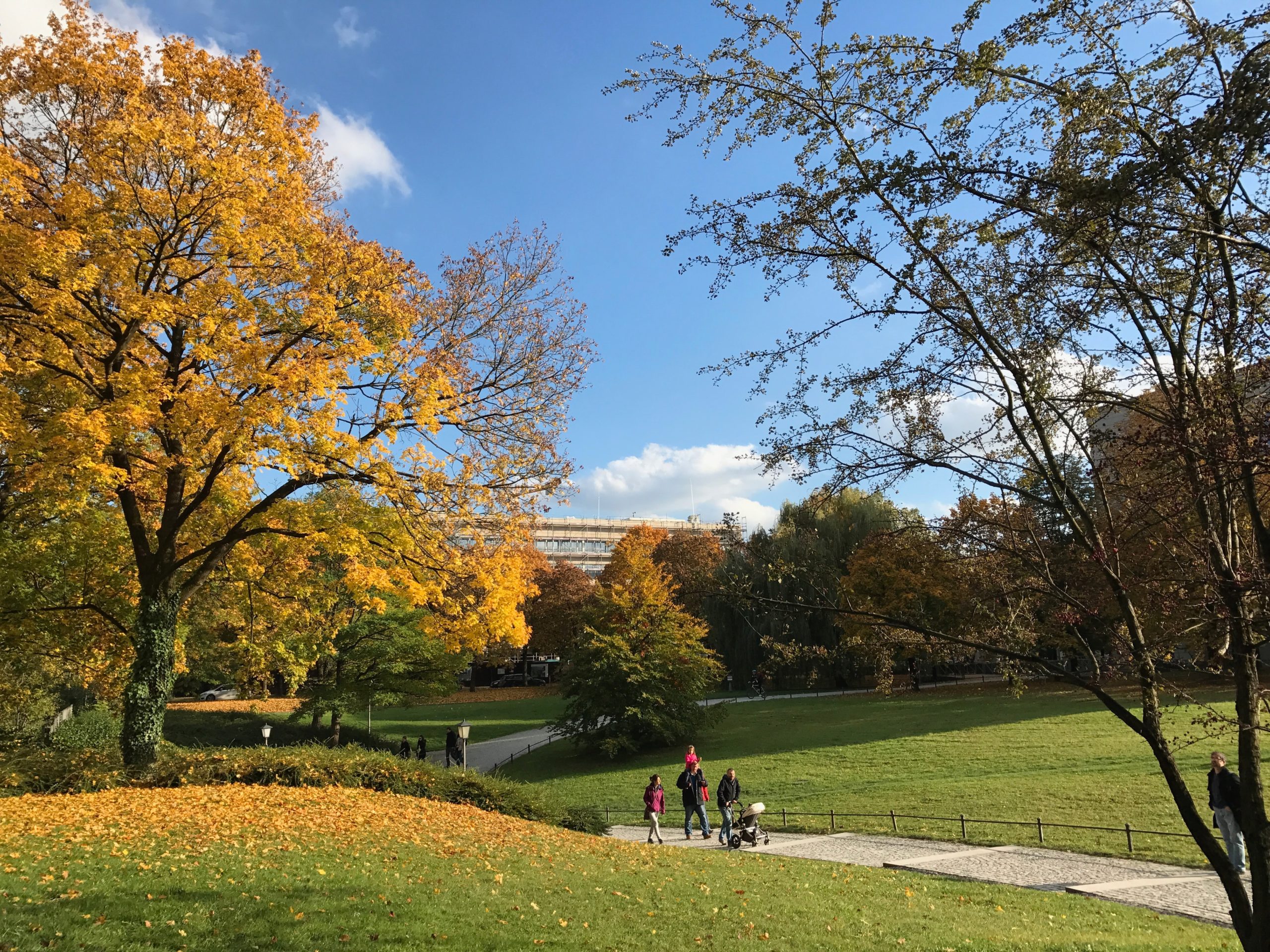Grass Roots Solutions for Zoning
The long-awaited state zoning bill, SB 1024, was announced on March 10 for a public hearing on March 15th. The virtual public hearing ran a full 24 hours before being halted with hundreds still waiting to testify. In my time in Hartford, this has been one of the most controversial and hotly debated subjects ever considered.
You know my sensibility on this — it is incumbent on legislators to ask “what problem does this solve” on any pending legislation. If the problem is evident and the solution is clear and pragmatic, I’m on board. If not, we need to ask why not.
In the case of this zoning bill — and 10 other related bills — the problem to be solved has been a moving target by its proponents. But basically, the driving focus has been to address the problem of urban poverty by creating more affordable housing in suburban districts.
Trouble is, the zoning proposals before the legislature today do not solve that problem. None have an affordability component, nor do they address the pathology of poverty in our cities; from failing schools to the persistent lack of financial accountability and transparency by local leadership.
Further, the failure of their sponsors to address or even acknowledge the myriad of challenges endured in our struggling urban areas make it all the harder to believe that the troubles in the cities stem from zoning laws in the suburbs.
Why “urbanizing” our suburbs creates rather than solves problems:
• A focus on “transit-oriented development” would create much more densely populated neighborhoods and communities, putting dangerous pressure on fragile infrastructure and ecosystems.
• With a declining population and continued outmigration from Connecticut, why are we forcing new housing to be built? Depressing property values may help aspiring homeowners but only at the expense of existing ones.
• Elimination of minimum parking requirements for newly developed multifamily housing raises significant public and pedestrian safety issues.
Many of these changes would be forced upon towns that are not perceived as having done enough to develop affordable housing. Yet, a number of these towns -- Darien, Greenwich, Westport and New Canaan to name a few-- have done an exemplary job of building affordable housing under their own, locally developed affordable and inclusionary zoning regulations.
For example, Darien has constructed more than 850 new housing units since 2000—including housing for seniors and the intellectually disabled-- with an impressive 32 percent of them designated deed-restricted affordable. Further, our locally-drafted and adopted inclusionary zoning regulations mandate 12 percent of every development over five units be deemed “affordable” by the state’s standards.
Moreover, these local zoning proposals / bills appear to manipulate the market for an intended social goal when the free market has a much better track record of responding to market needs with private capital.
In the spirit of collaboration -- the following concepts should be considered:
• Professional development for local land use commissioners
• Inclusionary affordable housing requirements for new development
• Enabling legislation for accessory dwelling units to be crafted at the local level
• Allow properties built before 1990 to qualify as affordable housing under 8-30g
There is great passion from many voices on the subject of housing in our state, and that is always a good thing. All perspectives should be heard and respected. Honoring and considering all voices from urban, suburban and rural districts will be imperative as we navigate these changing times.
It is vital to approach these discussions from a point of problem solving -- and with policy solutions that unite rather than divide us.
Like trees, the best and strongest legislation should have mature and broad support, or roots -- beneath the surface. Local control and home rule are principles that have long-proven to be successful in Connecticut and should not be eliminated. Embracing the voices and engagement of citizens in all our communities will lead to success.
Interested in staying apprised of legislative updates and these zoning proposals? Visit CT169Strong.org, sign up for my emails and please, let me know your thoughts at terrie.wood@cga.ct.gov and 860-240-8737.
This article originally appeared in the Darien Times on April 15th, 2021.
Photo by Guillermo Bresciano via unsplash.com.



